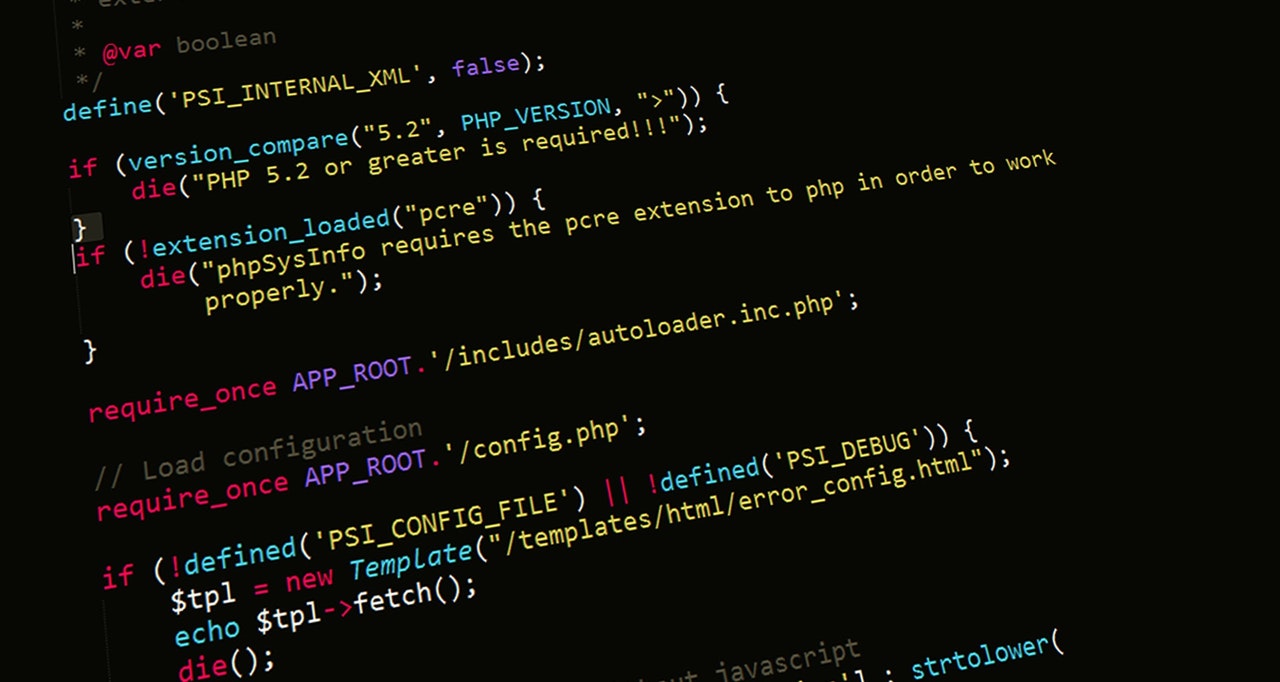
According to studies, only about 10-20% of adults with autism are employed (Born, 2011; Kavilanz, 2016). They difficulties they face interacting with other people, or dealing with sensory sensitivities, can make it difficult to acquire and keep a job. However, the way their minds work can greatly benefit different industries. People with autism can succeed by leveraging their strong perceptive skills, systematic thinking, deep focus, and enthusiasm in gathering and structuring information.
One avenue can harness these qualities and help people with autism develop professional skills to support themselves and contribute to society: coding education.
The need for new coders
As technology advances even faster and we discover new ways to use it every day, code- and programming-related jobs are in high demand around the world. In their 2016 Q4 report, recruitment firm Hays Malaysia notes that our country faces a shortage of software development talent due to the rising popularity of mobile apps and fast expansion of the IT industry. A study from the U.S. Bureau of Labor and Statistics notes that the U.S.A. will have over 1.3 million jobs that require computer science skills by 2022.
Coding education opens paths to jobs related to programming, web development, software development and even app development. It also makes youths with autism more competitive or on-par with their neurotypical peers. By building not just practical knowledge, but also confidence, communication skills and interpersonal skills, it ensures future success for people with autism.
Doing well with code
For the person with autism, coding provides a safe space built on logic and consistency. They can plan and design input to produce an expected output. A coding environment can also provide motivation and support. In a welcoming setting, exploring topics of personal interest, someone with autism can enjoy themselves and perform well at tasks, perhaps in contrast to normal lessons or mainstream education.
Coding education builds skills to help organise and structure thoughts and ideas, and strengthens higher order thinking. It can also help a person with autism become more confident working on a team and socialising with their team members to reach specific goals.
Coding education provides valuable professional and personal skills. It also strengthens clear and logical thinking for daily life. This makes it a viable way for people with autism to gain confidence and independence, and lead productive lives contributing their skills to society.
Services up to Standard
Services standards set by boards such as the CARF (Commission on the Accreditation of Rehabilitation Facilities), present a roadmap to success. They do so by encouraging values that focus on providing people-centric services, with goals unique to every user.
CARF-accredited services create and support self-advocacy, develop community support, and enhance general quality of life for their users.
Where to start
There are a few places or organisations in Malaysia that provide code education for children and teens, such as:
- CodeJuniors
- coding@schools, the government’s introductory coding program for primary school students
- Kidocode
Formal coding education for young adults and adults is also available at technology or design universities, including:
- Limkokwing University
- The One Academy
- UITM – Universiti Teknologi MARA
- UTM – Universiti Teknologi Malaysia
Other online resources include:
Further links to read about coding and autism include:
- A New Education: Teaching Coding to Students with Autism
- CodingAutism.com, a U.S. initiative teaching adults with autism coding and programming skills.
- Why every child should learn to code